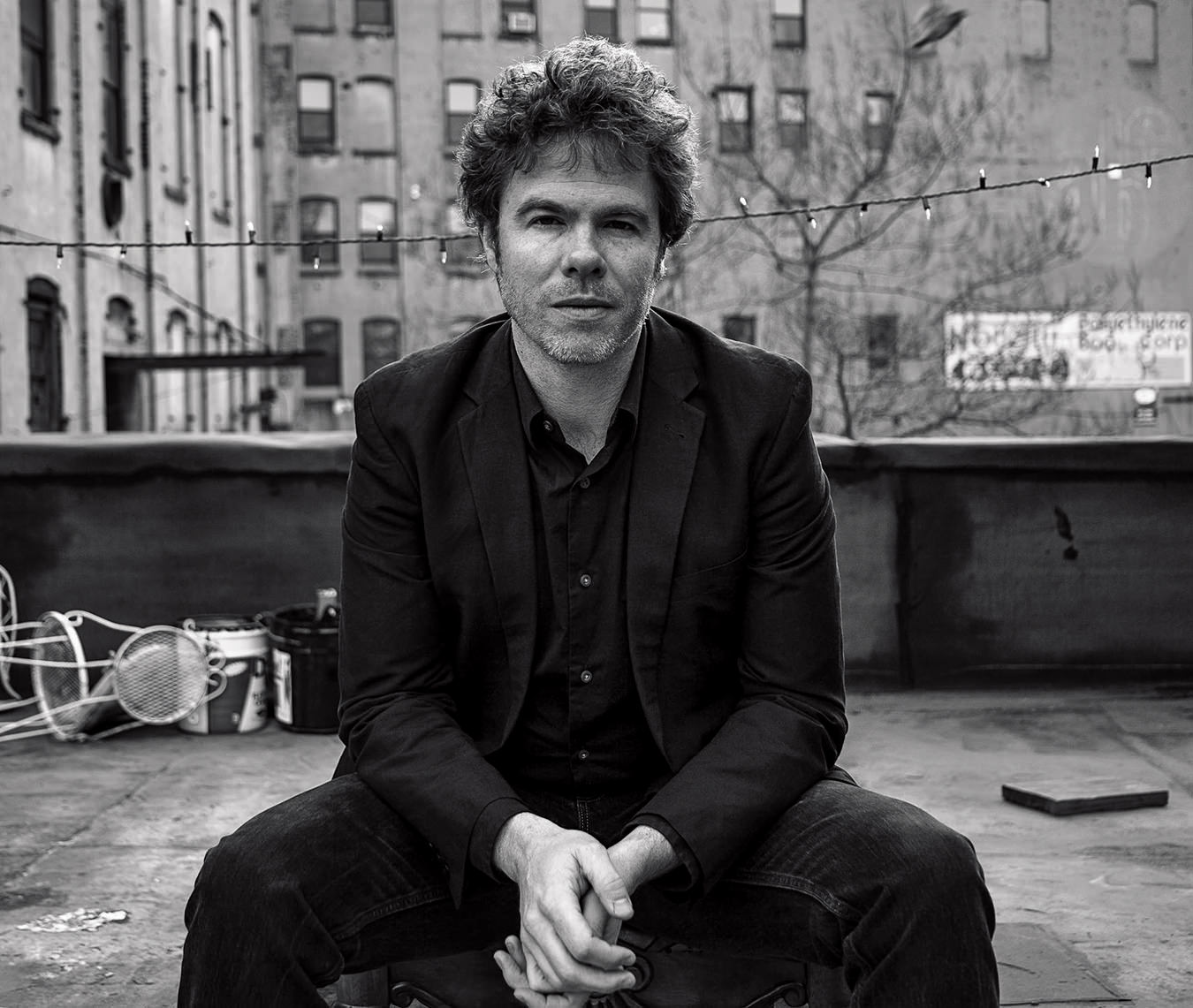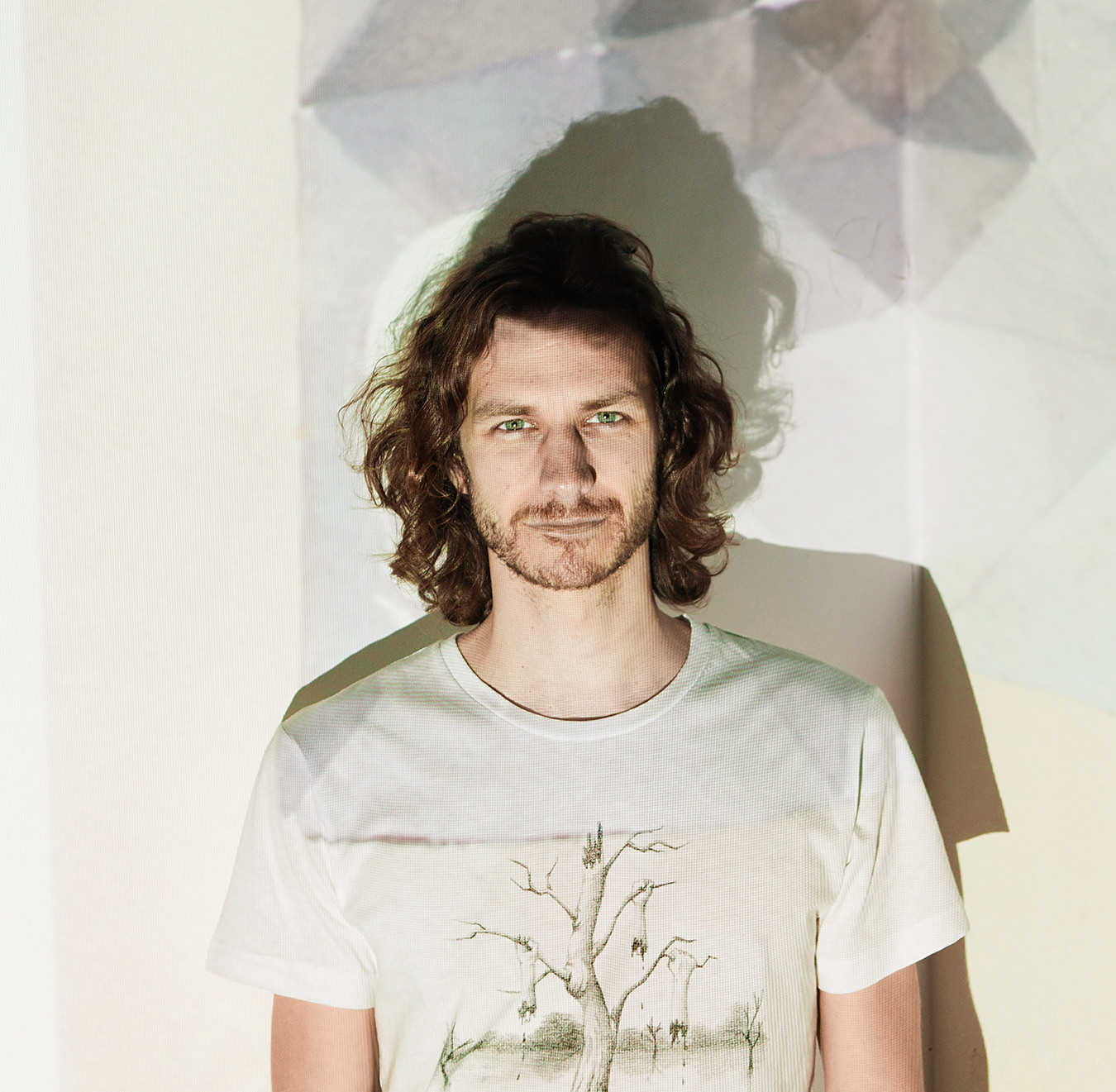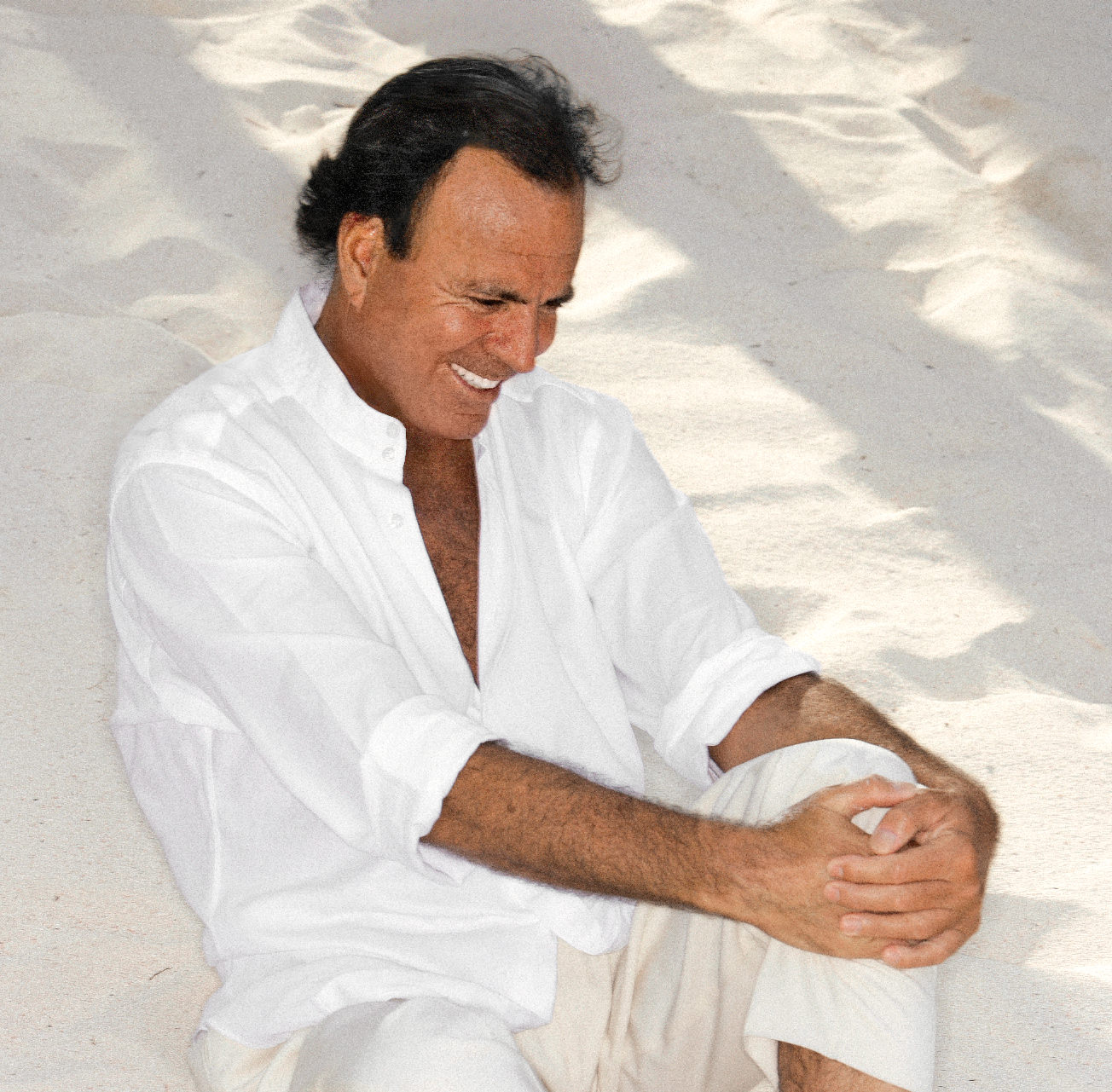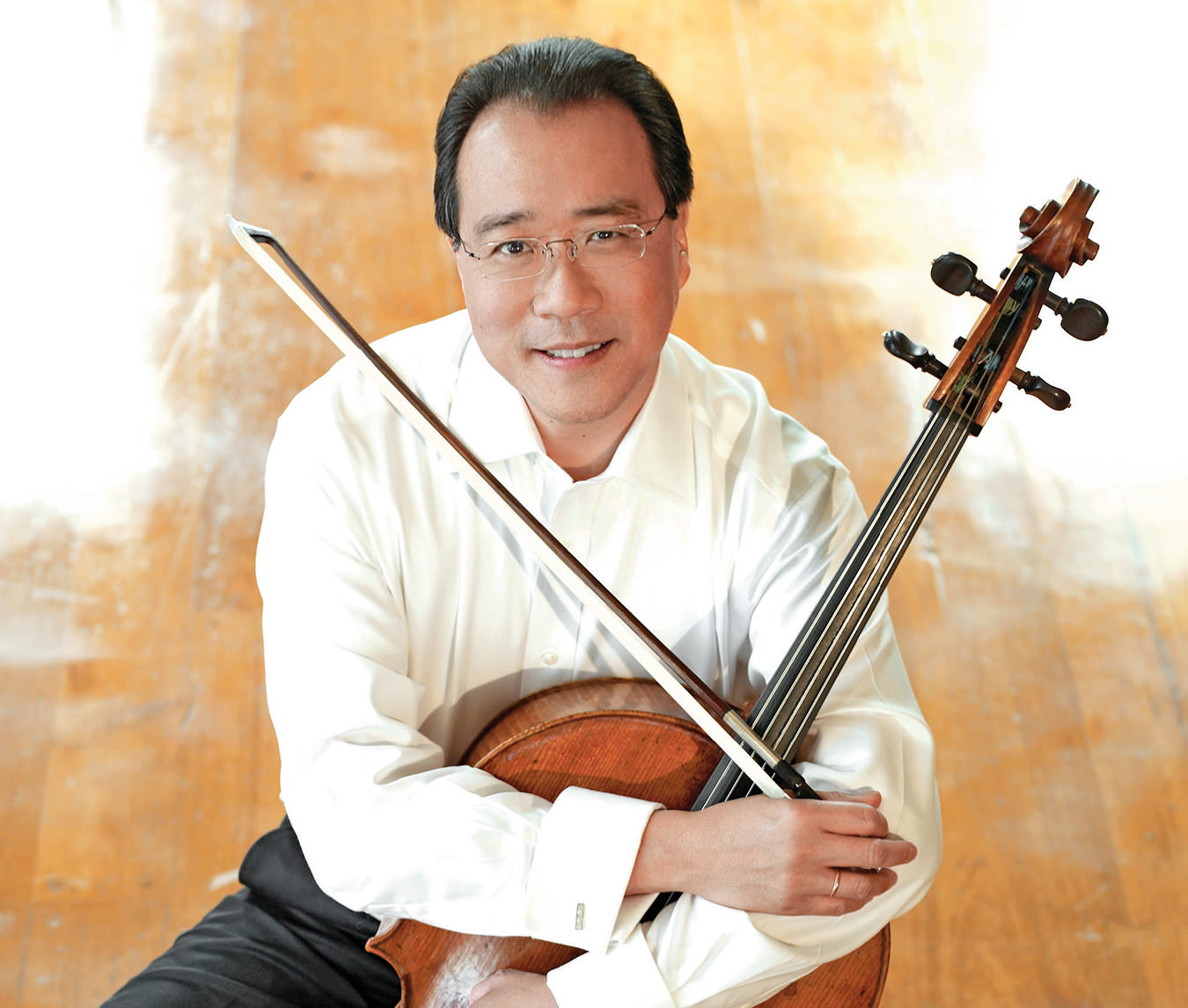Jesse Cook
Without borders.
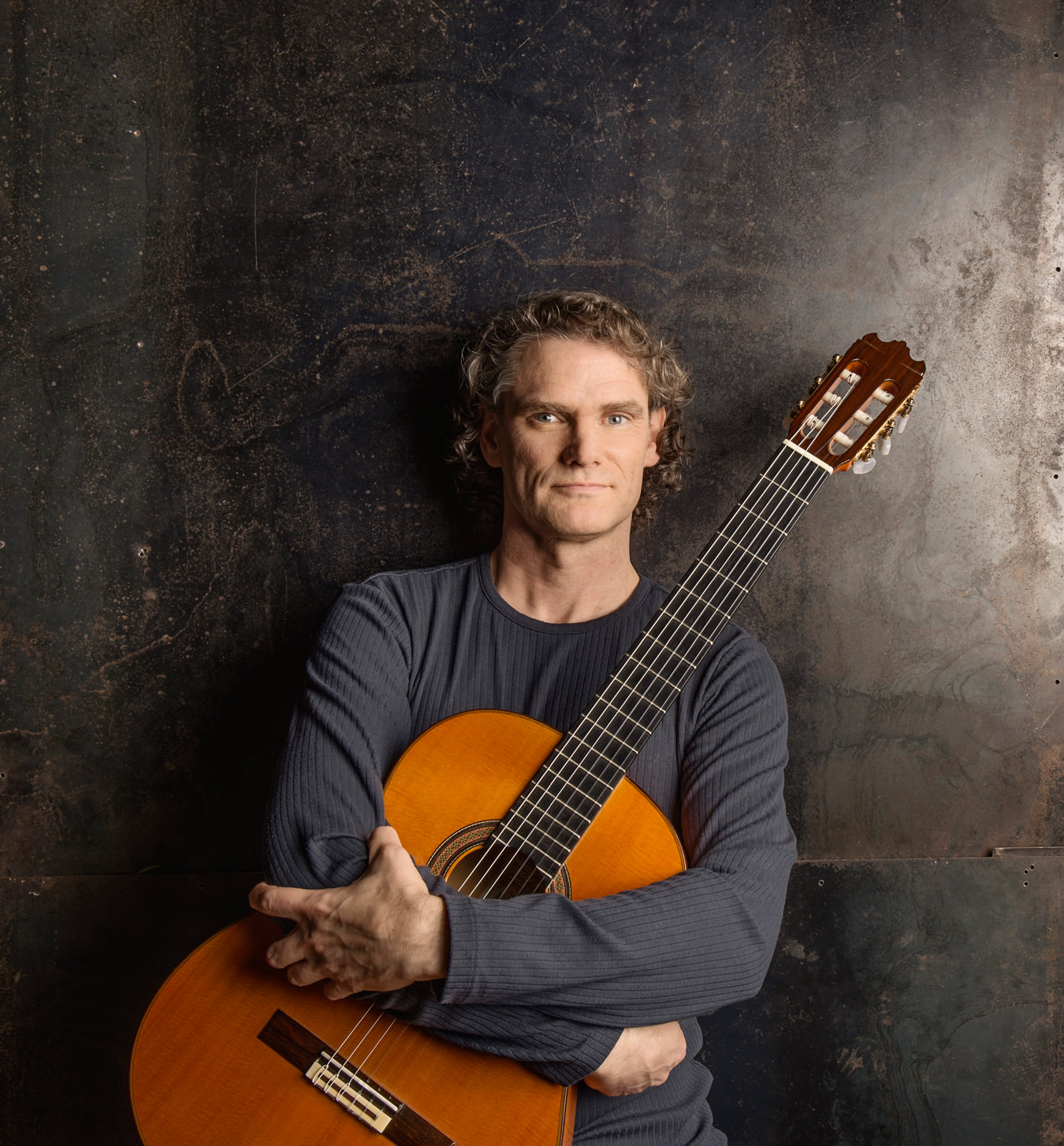
No one knows quite what to make of Jesse Cook. He’s often referred to as a flamenco guitarist but, despite the Juno Award winner having made his mark in such territory over two decades ago, these days he’s not letting anyone off so easily—including himself. “I know what flamenco is and I know what it isn’t,” says the 52-year-old. His voice is soft, void of pretension, as he launches into the origins of the genre, which is thought to have been created in Andalusia by the nomadic and ostracized Roma people before many of them settled in the south of France. “And despite the fact that there are elements of flamenco in [what I do], this is not flamenco music.”
Intentionally so. Although Cook’s guitar-driven debut album, 1995’s Tempest, was rooted in rumba flamenca (a hybrid form of flamenco), his repertoire is nothing if not diverse, each album a sonic shift from the last. One World, his latest, weaves calls from the duduk (an estimated 3,000-year-old Armenian wind instrument) with looping electronic drums.
Cook’s lack of concern for pinning down a genre might be traced to his Atlantic-hopping childhood. After moving to Toronto from Paris around age four with his mother and sister, he would pop back over to Europe for summers and visits with his father, who eventually retired to Arles. “People often talk about my past like it’s an exotic one,” he says, “but I think most Canadians have this weird relationship with borders: if we’re not from somewhere else, our parents are.”
This transient lifestyle allowed Cook to ingest flamenco straight from its source. As he describes the lively spirit of Arles locals’ playing, he, too, spills with energy. “It was the kids from that neighbourhood who play the guitar, who are just kids on the corner, down at the café… The guitar becomes the whole rhythm section—they’re hitting it like a drum, but then they’re strumming chords and they’re singing, and it’s kind of amazing to this Canadian kid. I got really hooked.”
It was a different world from Cook’s structured education at Berklee College of Music. Still, majoring in music synthesis gave him the opportunity to work with computers at a time when few other artists were doing so. It showed him the future of music production, an interest of his since he built his first recording studio in his mother’s basement at age 15.
“Despite the fact that there are elements of flamenco in [what I do], this is not flamenco music.”
“I don’t know how many times I’m asked to do a performance on TV, and they expect me to just show up by myself and play a guitar piece solo,” Cook says. “And yeah, I can do that, but it doesn’t really represent the work I do. I’m a producer and composer and I write and I play guitar. Guitar is just one voice in this thing that I’m doing.”
Indeed, Cook has blended his guitar with artists around the world—Australian guitarist Tommy Emmanuel, Brazilian singer Flora Purim, and electronic/Irish/West African group Afro Celt Sound System, to name a few—in pursuit of a fresh sound. “I feel like as a culture we’re really fascinated by the differences between us and ‘those people’,” he says. “But the fact that all these different kinds of music, totally different roots, can all come together and peacefully and beautifully harmonize and mix together, and speak to a shared humanity…” He trails off. “Music is the universal language. It’s a cliché, but I totally believe it.”
Nowhere is this more apparent than on stage, where, as warned, Cook is far from a soloist. Surrounded by a full band, he is a generous leader, even leaving the stage completely at times to give each player their well-deserved spotlight moment. The qualities that Cook admired during those summers in Arles years ago are fully present here—not merely in claps, stomps, and slapped instruments, but in the glances and smiles Cook and his band members exchange as guitar, drum, violin, and duduk intertwine in a zealous performance.
“There are some artists who want to dedicate themselves to being the best at one genre,” Cook says. “And there are others who sort of feel like your job as an artist is to constantly create something new.” It’s clear which of these paths Cook has taken. From here, the only expectation is that he’ll forge his own.
_________
Never miss a story. Sign up for NUVO’s weekly newsletter.

